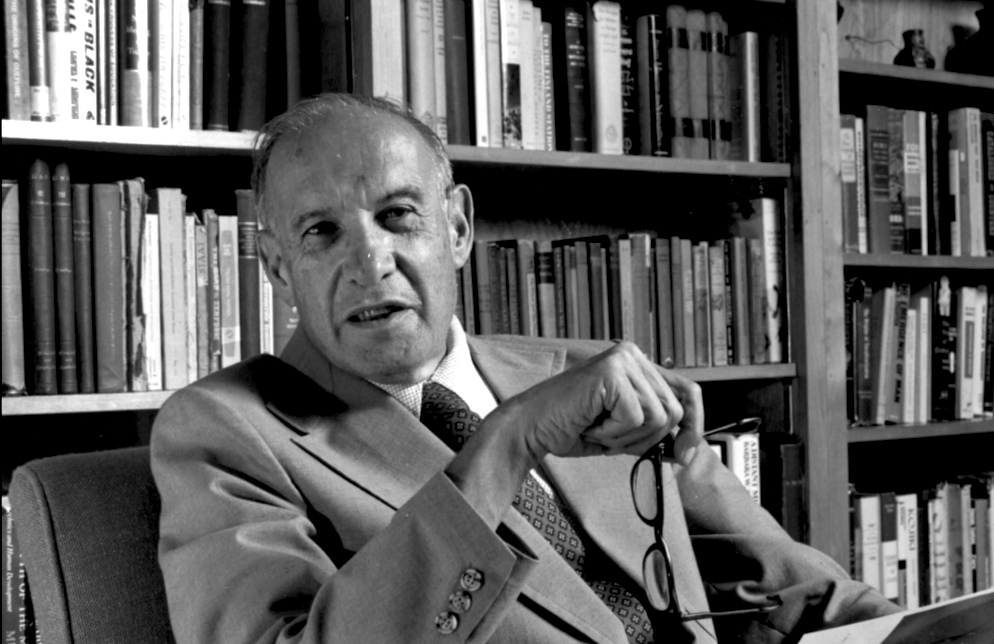August 08, 2019
Freedom vs. the new freedom: Reflections on the early Drucker
Peter Drucker’s first book, The End of Economic Man (1939), attempted to explain the growing appeal of fascism and Marxist communism in the first half of the twentieth century. For example, he wrote:
The old aims and accomplishments of democracy: protection of dissenting minorities, clarification of issues through free discussion, compromise between equals, do not help in the new task of banishing the demons. Continue Reading...
